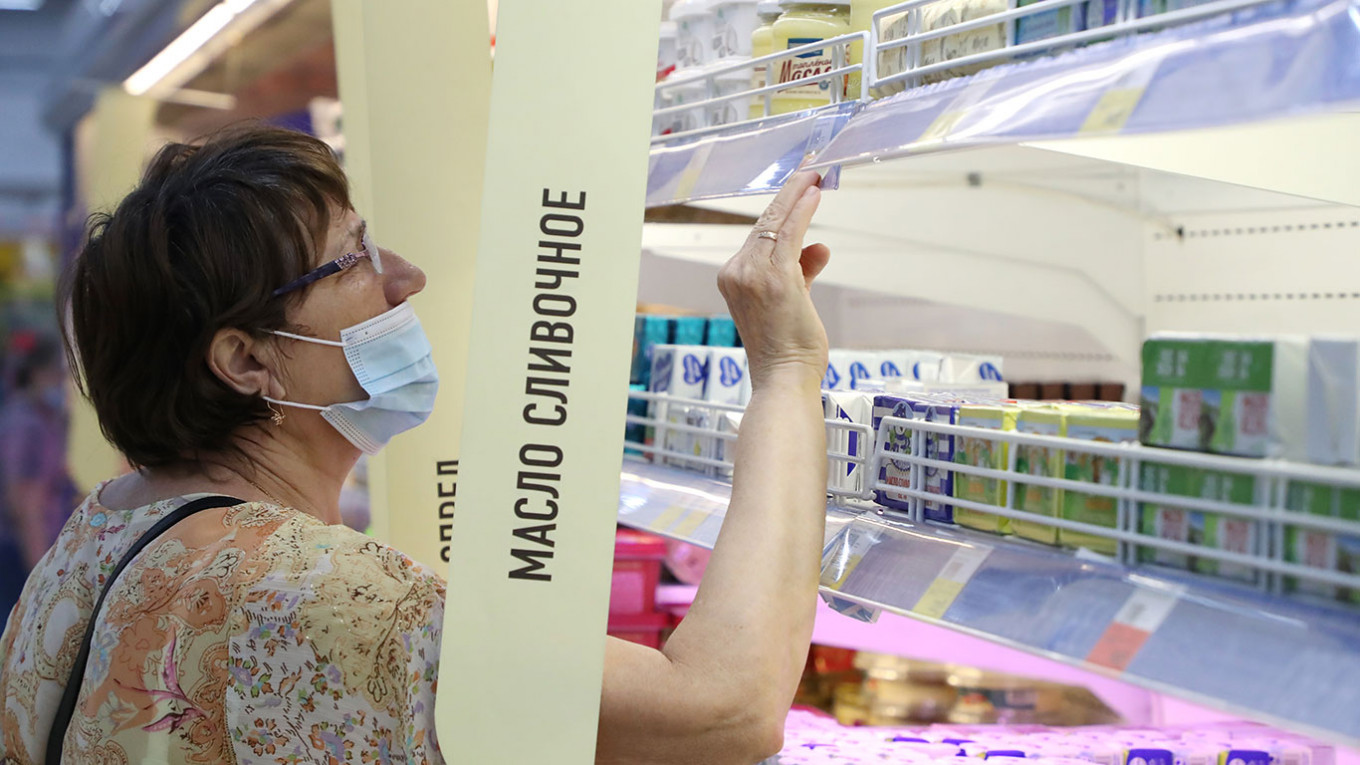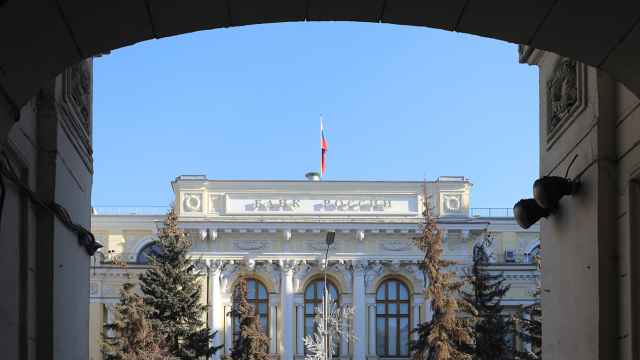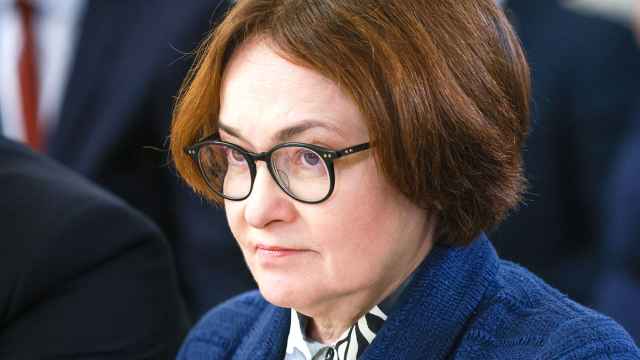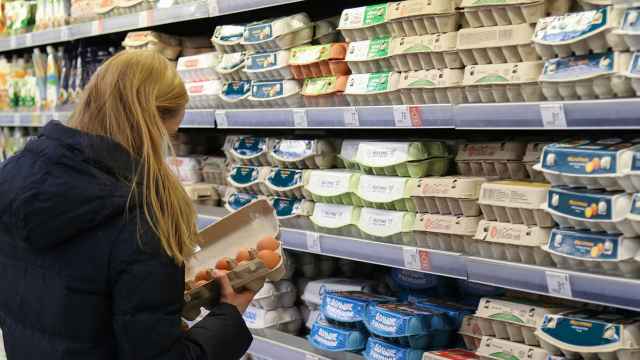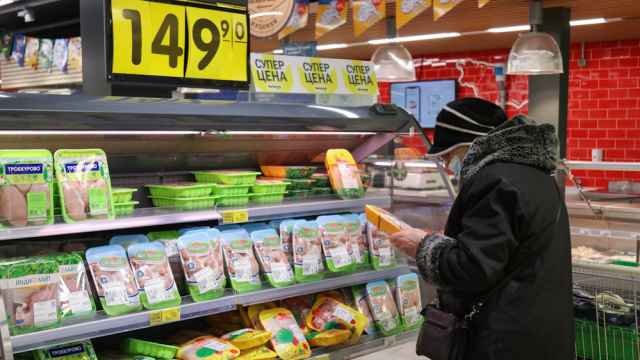Russia’s inflation rate accelerated to a new five-year high of 6.7% in August, the federal statistics service said Wednesday.
The country has seen rapid price increases since the start of the year as the global economy recovers from the coronavirus pandemic, causing supply shortages and driving up costs of key materials.
Economists had expected Russia’s inflation rate to come in higher than the 6.5% recorded in July. But the figures will not be welcome news for the Central Bank, which has hiked rates aggressively in recent months in a bid to tame price rises, or the Kremlin, which faces a key test of support in parliamentary elections next week.
Prices are now rising at their fastest rate since August 2016.
Food prices have risen by 8.5% over the last 12 months, with surveys showing rising supermarket bills are regularly cited by Russians as their biggest problem.
The Central Bank will meet Friday and financial markets are pricing in another rate hike of 50 basis points to 7%. The regulator, a long-standing critic of loose monetary policy, has moved rapidly to raise rates this year, moving away from the historic low of 4.25% during the second half of 2020.
Higher interest rates are typically used to cool down an overheating economy or bring inflation down. Russia’s official target is to maintain a rate of inflation around 4%.
“The most unpleasant surprise was the growth of core inflation — from 6.8% to 7.1%,” said Dmitry Polevoy, investment director at Loko Invest.
Some economists also pointed to the Kremlin’s pre-election giveaways to pensioners and service personnel as contributing to the uptick in inflation. President Vladimir Putin mandated cash handouts of 10,000 rubles ($140) to the country’s 43 million pensioners ahead of State Duma elections next week — a move commentators saw as an attempt to boost support and turnout among the ruling party’s strongest supporters.
Analysts at Sova Capital expect inflation could surpass 7% in the coming months, especially if Russia’s important agricultural output is affected by a particularly hot and dry summer, further pushing up food prices.
A Message from The Moscow Times:
Dear readers,
We are facing unprecedented challenges. Russia's Prosecutor General's Office has designated The Moscow Times as an "undesirable" organization, criminalizing our work and putting our staff at risk of prosecution. This follows our earlier unjust labeling as a "foreign agent."
These actions are direct attempts to silence independent journalism in Russia. The authorities claim our work "discredits the decisions of the Russian leadership." We see things differently: we strive to provide accurate, unbiased reporting on Russia.
We, the journalists of The Moscow Times, refuse to be silenced. But to continue our work, we need your help.
Your support, no matter how small, makes a world of difference. If you can, please support us monthly starting from just $2. It's quick to set up, and every contribution makes a significant impact.
By supporting The Moscow Times, you're defending open, independent journalism in the face of repression. Thank you for standing with us.
Remind me later.


